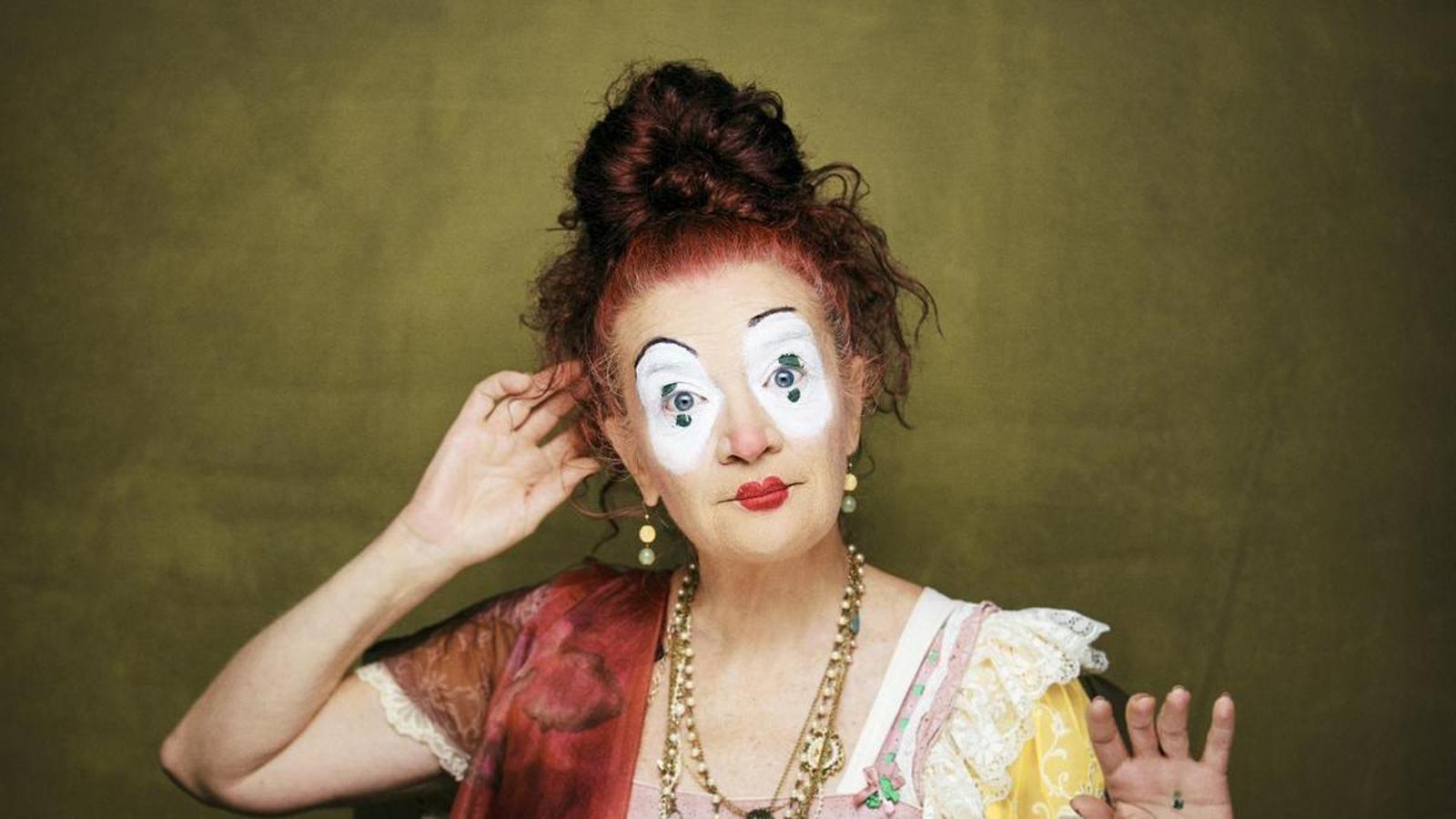Pepa Plana: "I was French, like half my family."
The clown remembers the summers she went to what seemed like "the other side of the world" to visit her paternal family, France.


BarcelonaSummer is the time of year when everything pretty much comes to a standstill for clown Pepa Plana. She's rarely on tour or rehearsing for a show, although she does participate in some festivals or shows, like the one she'll be performing this August in Galicia. "I never have two summers the same, but neither do I have two winters." She says she's lucky to travel for work, which for her is the best way to do it. She goes wherever she's going, works, learns the truth from the people who invite her, take her to their favorite places, and shares their surroundings. "I have the privilege of getting to know places accompanied by the people who live there. Plus, you don't feel like such a destructive ant as if you were traveling on your own. There's an exchange; I contribute my work."
Of all these different summers, when it comes to choosing one, she chooses the ones she spent in France with her family. Until she was ten, they spent about fifteen or twenty days visiting her father's family: "As a child, I thought we were going to the other side of the world; it was so far away." The trip was in a Seat 124 from Valls to Canet de Rosselló, near Perpignan.
From those years, he has been left with a fear of crossing borders, "primary fears," he says. His father is a serene man who would get overwhelmed when they reached the border: "It was a stressful time, perhaps because of the passports, the hostility, or the currency exchange. For me, borders are still a hostile place; I connect with a primal memory," he explains.
There they were with their paternal grandfather, their uncles from France, their aunts from France, their cousins from France... "Everything was from France, and they spoke French, although my grandfather spoke everything badly. He spoke French and you didn't understand him, but when he spoke Catalan, you didn't understand him either," she recalls, smiling. Pepa didn't question why they lived there; she accepted it as normal and automatically wanted to be French. "I was French, like half my family," she says. She wanted to communicate with her cousins, Céline and Nathalie, so much that she learned French very quickly. Even now, she maintains a bond with her family and, above all, she still has a special connection with the country; it's a place that feels like hers.
No one could explain to him why his grandfather was French. It wasn't until he was a teenager that he started asking. Then he learned he was a war exile and that his grandfather wasn't coming back. His grandmother, whom he'd never met (he would have loved to have met her), had been a militia member; they were both anarchists. His grandfather preferred being a foreigner in a republic to returning to a monarchy. "He suffered a lot, but he was noble, consistent, and wise. I felt bad for not having enjoyed it more," he admits.
